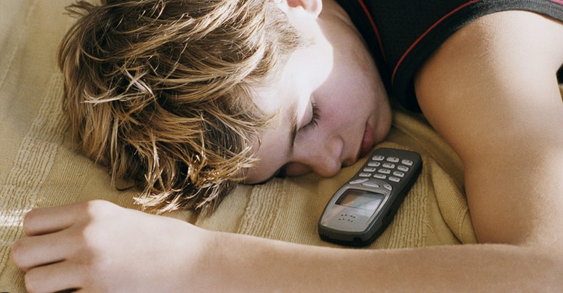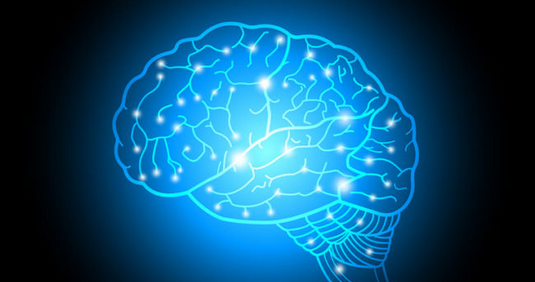Hair loss is a common concern that affects millions of people worldwide, regardless of age, gender, or ethnicity.
While there are various factors that contribute to hair loss, including genetics, hormonal changes, and medical conditions, recent research has shed light on the significant impact of everyday stress on hair health.
In today’s fast-paced world, stress has become an inevitable part of daily life for many individuals.
Whether it’s meeting work deadlines, managing personal relationships, or dealing with financial pressures, the constant stressors we face can take a toll on both our physical and mental well-being. And one area where this stress often manifests is in our hair health.
Several studies have shown a clear correlation between stress and hair loss. When we experience stress, our bodies release hormones like cortisol and adrenaline, which can disrupt the normal functioning of hair follicles.
This disruption can lead to a condition known as telogen effluvium, where a higher-than-normal number of hairs enter the resting phase of the hair growth cycle, causing increased shedding and thinning of the hair.
Additionally, stress can also trigger or exacerbate other underlying hair loss conditions, such as alopecia areata, a condition where the immune system mistakenly attacks the hair follicles, leading to sudden hair loss in patches.
Furthermore, stress-related behaviors like pulling or twisting the hair, known as trichotillomania, can also contribute to hair loss and damage.
China: 100 car pile-up on a major highway – Watch video
Understanding the impact of stress on hair health is crucial for effectively managing and preventing hair loss. Here are some strategies to help mitigate the effects of everyday stress on your hair:
- Practice Stress Management Techniques: Incorporate stress-reducing activities into your daily routine, such as mindfulness meditation, deep breathing exercises, yoga, or spending time in nature. These practices can help lower cortisol levels and promote overall relaxation.
- Prioritize Self-Care: Make time for self-care activities that promote relaxation and well-being, such as getting enough sleep, eating a balanced diet rich in nutrients that support hair health, and engaging in regular physical activity.
- Establish Boundaries: Learn to set boundaries and manage your workload to avoid becoming overwhelmed by stress. Delegate tasks when possible and learn to say no to commitments that may cause excessive stress.
- Seek Support: Don’t hesitate to reach out to friends, family, or a mental health professional for support and guidance during times of stress. Talking about your feelings and experiences can help alleviate stress and promote emotional well-being.
- Take Care of Your Hair: Implement a gentle hair care routine using mild shampoos and conditioners, and avoid harsh chemical treatments or excessive heat styling, which can further damage stressed hair.
- Consider Professional Help: If you’re experiencing significant hair loss or are concerned about your hair health, consult a dermatologist or trichologist for a comprehensive evaluation and personalized treatment plan.
By addressing everyday stressors and adopting healthy coping mechanisms, you can support your overall well-being and minimize the impact of stress on your hair health. Remember that maintaining a balanced lifestyle and taking proactive steps to manage stress can go a long way in preserving the health and vitality of your hair.






































